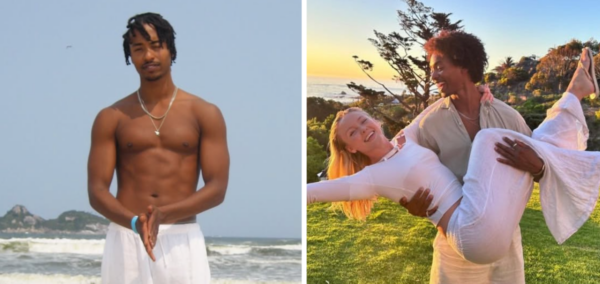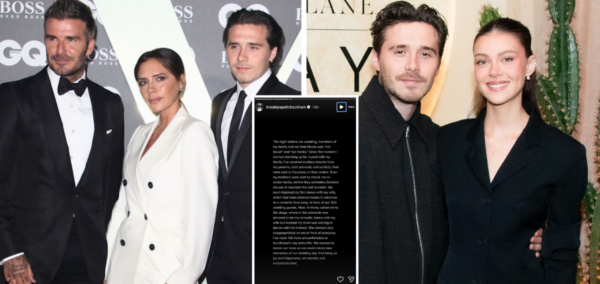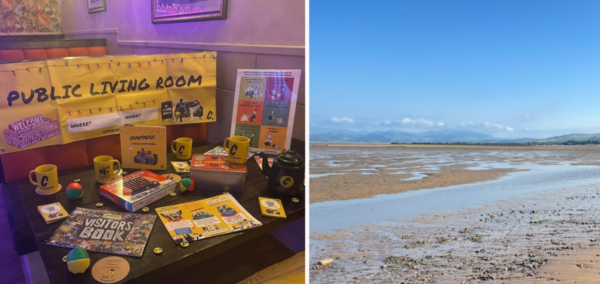
The highlight reel: How social media is reshaping the student experience in Bristol
I’m still posting this article on my Instagram Story
Picture this: You’re at Motion, the lights are blinding, the bass is vibrating through your soul—and yet, someone’s filming a blurry, shaky Snapchat Story that absolutely no one will watch with sound. Congratulations, you’re living the peak of the “authentic student experience.”
Once upon a time, students went to uni to make lifelong friends, have identity crises, and maybe even attend a lecture. Now? We go for the aesthetic, the “experience.” But it makes me wonder: Has social media made the uni experience different to what it once was? Have people forgotten what it really means to be a student and get their degree without portraying it all on social media?

Social media has become an integral part of the modern student experience, but it often feels more like a curse than a blessing. What started as a tool to stay connected and share experiences has evolved into a constant comparison trap, where the highlight reel of others’ lives distorts reality. For students, this shift can detract from the richness of university life, creating an environment of comparison, alienation, and self doubt. There is an unspoken obligation to only share the best moments – parties, meals, ideal friendships etc. creating false narratives of university life, one that is more about curation than a real, lived experience.
The influence of social media on young people is drastic in many ways, but how exactly is it directly affecting the university experience? I have taken it upon myself to get the answer. I have spoken to students of the past and the present to hear their thoughts on how social media has changed, and potentially even killed, the student experience.
Most Read

Before the days of Instagram Stories and BeReal notifications, students were more focused on the moment itself rather than how it looked on camera.
Neil Richards, a physical education student who graduated in 1997 reflected on his student experience, telling The Manchester Tab: “I think that certain social activities will have changed for fear of recording, and students would be less willing to enter into activities for the same reason. Maybe this is for the good, as some of the activities from the past were pretty horrendous.”
While the curated nature of student life today has its downsides, the ever present lens of social media has also forced positive change. The days of reckless initiations, humiliating dares, and unchecked toxicity in university societies are slowly fading. The fear of being recorded has, in some ways, acted as a deterrent against problematic traditions that once thrived behind closed doors. Neil Brambles, a geography student who graduated in 1992 explained: “There is a photo of me drunk and wrapped up in toilet paper.”

Universities and student societies have had to rethink their approach. Social media has created an environment where societies are more conscious of inclusivity, consent, and mental wellbeing. Many groups now have stricter codes of conduct, safeguarding policies, and a greater focus on making students feel comfortable participating. Events are less about peer pressure and more about genuine involvement, ensuring that students don’t feel forced into situations they don’t want to be in just to “fit in.”
So, while social media has helped eliminate some of the more harmful aspects of student culture, it’s also made students hyper-aware of how they present themselves. The balance between safety and spontaneity is a tricky one—how do you let loose when you know someone’s camera is always rolling?

This self awareness doesn’t just apply to nights out—it extends to every part of university life. Immy, a current economics student admitted that social media has affected her student experience.
She told The Manchester Tab: “Yeah, I get FOMO in terms of nights out when you don’t go on them, and also when you see other people girl-bossing uni life and waking up early, and I’m still in bed at 11.”
Social media has created an impossible standard of what the “perfect” university experience should look like, making students feel like they should always be doing more, achieving more, and documenting it all. The pressure to constantly perform can lead to burnout, as students sacrifice their own needs just to keep up with the expectations they see online.
But is this pressure always a bad thing? Some argue that social media has helped enhance the student experience in positive ways. “Those girlbosses also motivate me to get up earlier,” Immy shared, suggesting that seeing others thrive can sometimes serve as inspiration rather than just pressure.

Eve, a current marketing student, pointed out that social media has been hugely beneficial for fostering connections: “It’s positive in relation to the social aspects and spreading the word of events to make sure we don’t miss out —also for helping people make friends through social media, especially when just starting uni or looking for housemates. It makes it more welcoming for students.”
Now a father to a chid currently enrolled at uni, Neil Brambles, agreed: “It can reduce anxiety as a conversation can be formed before meeting.”
We all need to remember social media is not reality. Keep in mind that what you see on social media is often highly curated and edited, not the full story – everyone has their highs and lows. Practice self compassion and remind yourself that it’s okay not to be constantly thriving—some of the best moments of life are unplanned and undocumented.

Social media has undeniably reshaped the university experience—bringing both connection and comparison, motivation and pressure. While it helps students find friends, events, and opportunities, it also creates unrealistic expectations that can make uni feel like a performance. The challenge now is finding a balance: Embracing the benefits of social media without letting it dictate what the “perfect” student life should look like. Because in the end, the best moments are the ones you’re too busy living to post.




















